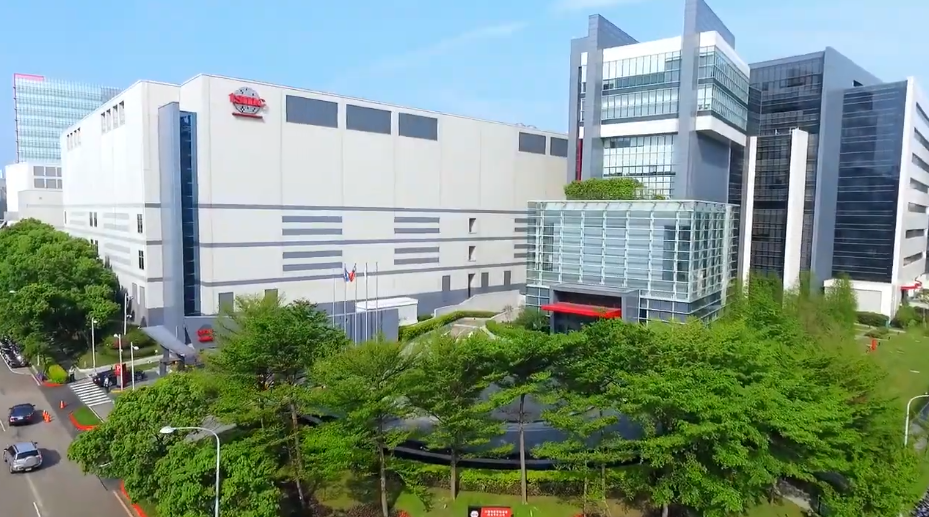 INFRA
INFRA
 INFRA
INFRA
 INFRA
INFRA
Taiwan Semiconductor Manufacturing Co. and GlobalFoundries Inc. have hammered out the terms of their CHIPS Act funding agreements, Bloomberg reported today.
The companies inked preliminary versions of the contacts earlier this year. The initial terms allocated more than $13 billion worth of grants and loans to the two chipmakers. According to today’s report, the finalized terms that TSMC and GlobalFoundries have negotiated define financing amounts “roughly in line with the preliminary agreements.”
TSMC signed its initial financing agreement with the U.S. Commerce Department in April. Under the terms announced at the time, the chipmaker is poised to receive $6.6 billion in grants and $5 billion worth of loans. The financing will be used to support the construction of a sprawling chip manufacturing hub in Arizona.
The original plan was to build two fabs at a cost of $40 billion. After securing the CHIPS Act financing, the company boosted the project budget to $65 billion and announced its intention to build a third fab in Arizona.
The first of the three chip plants is already producing processors in limited quantities. Those processors reportedly include A16 Bionic systems-on-chip, which power some of the iPhones that Apple Inc. released in 2022 and 2023. The fab is said to be operating with a higher yield, a measure of manufacturing reliability, than some of TSMC’s earlier facilities.
Apple’s A16 chips and the other processors made at the new plant are based on a four-nanometer node. The two other fabs that TSMC is building in Arizona will use a more advanced two-nanometer process. The upcoming technology is expected to offer better power efficiency and performance, as well as a number of other benefits.
TSMC’s two-nanometer node will introduce a chip design technology called NanoFlex. It will allow customers to mix and match two types of circuits, or cells, in their chips. One type is optimized for space and power efficiency, while the other variety will trade off some efficiency for 15% higher performance.
The four-nanometer fab is expected to begin mass production next year. The two other facilities will come online by 2028 and 2030, respectively.
GlobalFoundries won $1.5 billion in CHIPS Act funding about two months before TSMC. The preliminary agreement that the company signed with the Commerce Department specified that the capital would be spent on three facilities in New York and Vermont.
In New York, GlobalFoundries will upgrade an existing fab by installing equipment for making vehicle chips. It also plans to build a second plant nearby that will likewise make chips for the auto sector as well as a number of other industries.
GlobalFoundries’ Vermont investment will expand the capacity of an existing fab where it currently employs about 2,000 workers. One goal of the upgrade is to increase the pace at which the facility produces gallium nitride chips. Such chips can withstand higher temperatures and voltages than standard processors, which makes them well-suited for use cases such as powering electric vehicle charging equipment.
According to Bloomberg, the CHIPS Act financing agreements negotiated by TSMC and GlobalFoundries are currently awaiting signature. It’s reportedly unknown when the contracts will be finalized. Once the Commerce Department officially awards the financing, TSMC and GlobalFoundries will receive the funds in tranches subject to the fulfillment of construction and production volume milestones.
Support our mission to keep content open and free by engaging with theCUBE community. Join theCUBE’s Alumni Trust Network, where technology leaders connect, share intelligence and create opportunities.
Founded by tech visionaries John Furrier and Dave Vellante, SiliconANGLE Media has built a dynamic ecosystem of industry-leading digital media brands that reach 15+ million elite tech professionals. Our new proprietary theCUBE AI Video Cloud is breaking ground in audience interaction, leveraging theCUBEai.com neural network to help technology companies make data-driven decisions and stay at the forefront of industry conversations.